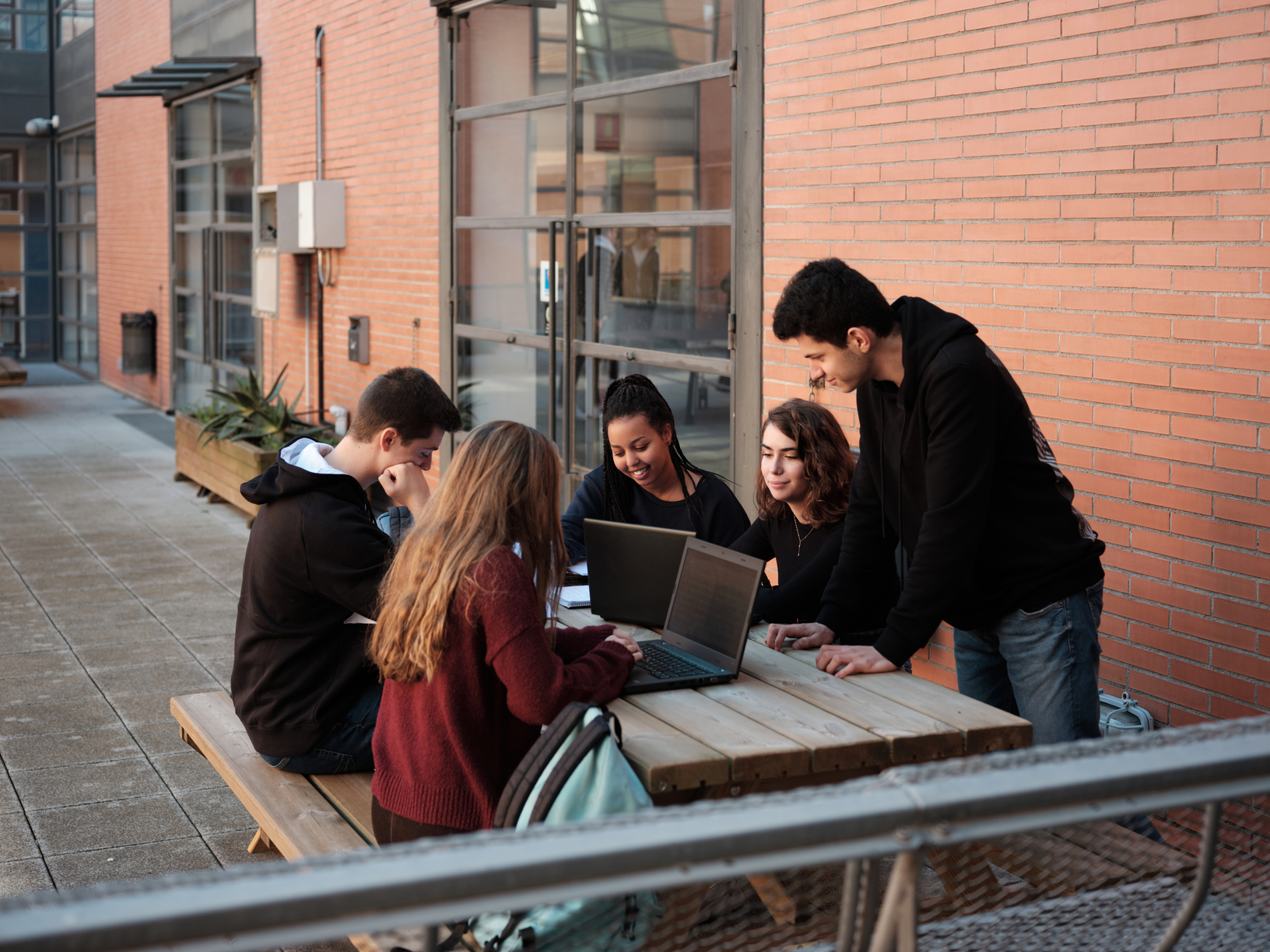Structures for Belonging: A Synthesis of Research on Belonging-Supportive Learning Environments
Chloe Stroman
Student Experience Research Network (SERN) has had the privilege of learning about student belonging from stakeholders across academia and education over the past few years. We’ve been compelled by rigorous scholarship across disciplines and methods that verifies what students and educators know intuitively: belonging is a vital ingredient for learning and well-being.
In every learning environment, students pick up on cues and signals that they use to assess whether and to what extent they belong. When these messages support students’ belonging, they can bring their full selves to school and devote their full attention and energy to learning. When these messages render the environment physically or emotionally unsafe, or cause students to question their belonging, their cognitive resources are diverted away from learning and towards monitoring or responding to threats in the environment.
However, belonging is often thought to be a skill or competency that students can develop, rather than a product of the environment. Similarly, while interpersonal relationships are often thought to be the primary conduits for belonging, we have increasingly come to understand belonging as structural, in that practices, policies, and norms in learning environments can systematically support or undermine students’ belonging, often along the lines of race and ethnicity, gender and sexual identity, language, class, indigeneity, or ability.
To document and extend this learning, SERN developed a new research synthesis that is intended to illuminate structural factors related to belonging. We investigate what it means to create environments to which students want to belong and in which practices, policies, and norms work together to support their belonging.
The synthesis discusses both K-12 and postsecondary educational contexts, and includes research from diverse academic disciplines including social psychology, cultural psychology, sociology, adolescent development, neuroscience, economics, and education. It discusses structural factors related to belonging in four overlapping categories: access to learning environments; relationships with educators, peers, and families; instructional resources and pedagogy; and system-level policies and practices. Throughout, it identifies implications for system- and institution-level decision-makers in the education sector, who play a role in shaping students’ experiences of belonging just as much as classroom educators and peers do.
The synthesis will inform the work of SERN’s new belonging learning collective, comprised of leaders at Branch Alliance for Educator Diversity, Center for Educational Leadership, City Year, EL Education, Equal Opportunity Schools, Leading Educators, Teach for America, TNTP, and Zearn. This group of influential education intermediary organizations spans K-12 school and district support, educator preparation and professional learning, and curriculum. After a kickoff meeting this spring, the collective will pursue near-term opportunities for leadership in building and sustaining learning environments that support belonging for every student.
While the synthesis takes up examples from various contexts, a few common themes emerge. One is the need for critical consciousness – an understanding of and commitment to challenging inequity – to identify the opportunities for and threats to students’ belonging in a certain context.
Due to the social, political, and historical context of the U.S., students from marginalized groups are often expected to learn in exclusionary environments where they are not valued or authentically included and where it may be impossible to belong. Critical consciousness is necessary to attend to issues like material privilege or disadvantage, societal narratives and beliefs about intelligence and merit, and the culture of classrooms and institutions, all of which affect student belonging. Another theme is the need to challenge exclusion and also promote inclusion; we must do both to truly reshape learning environments.
Finally, research demonstrates that individual students experience the same environment differently – and come to different, well-informed conclusions about whether they belong in that environment – because we each have unique prior experiences and are positioned differently in society. It follows that students’ perspectives must be centered in the creation of belonging-supportive learning environments.
We encourage you to check out the synthesis to learn more.
This work is licensed under a Creative Commons Attribution-NonCommercial-NoDerivatives 4.0 International License.
tags: belonging

